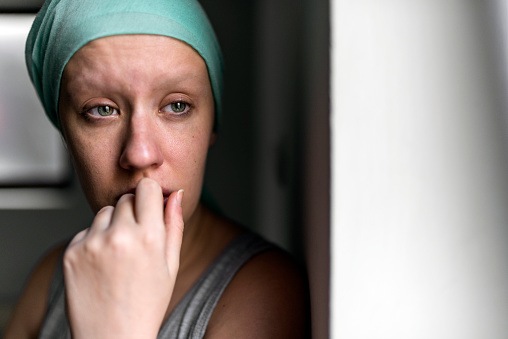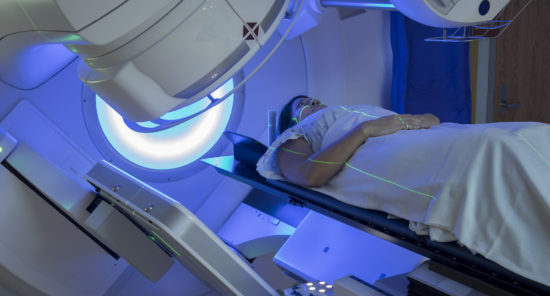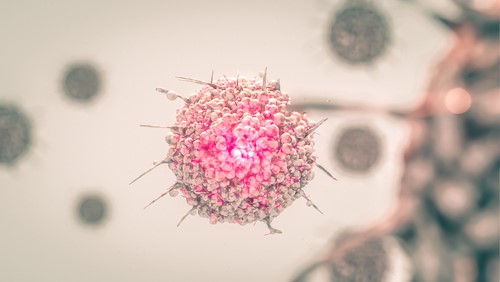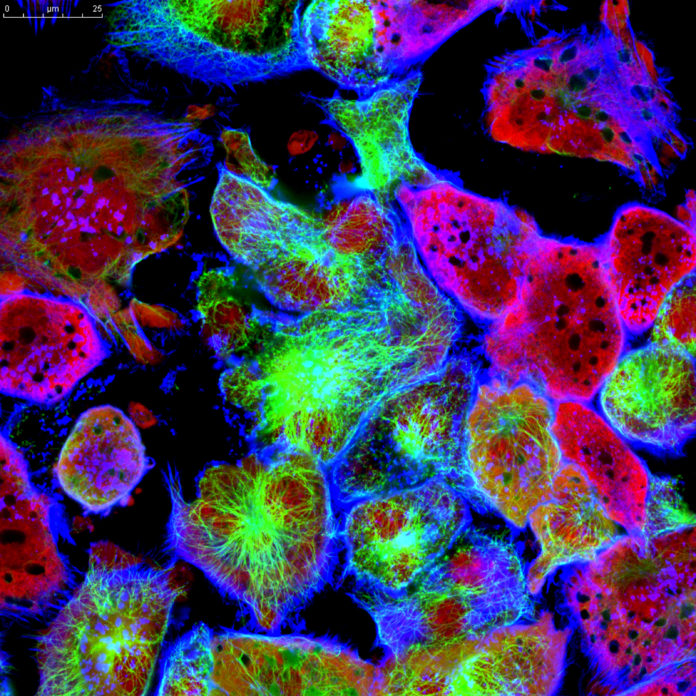Higher baseline cardiovascular fitness and muscular strength were associated with higher rates of chemotherapy completion in patients with early-stage breast cancer, according to a study published in Breast Cancer Research and Treatment.
Researchers assessed the role of exercise and health-related fitness variables in predicting chemotherapy completion in this patient population. They used pooled data from two large multicenter exercise trials that included baseline (pre-chemotherapy) measures of exercise and health-related fitness in 543 patients with breast cancer who initiated adjuvant chemotherapy. Researchers assessed body composition, cardiovascular fitness, muscular strength, patient-reported physical functioning, and self-reported exercise behavior. Chemotherapy completion was defined as the average relative dose intensity (RDI) for the originally planned regimen.
Overall, 432 patients (79.6%) received an RDI of ≥85%. In logistic regression analyses that adjusted for significant covariates, patients in the highest 20% versus lowest 80% of absolute VO2peak were significantly more likely to complete ≥85% RDI (89.0% vs. 77.2%; odds ratio [OR], 2.06; 95% confidence interval [CI], 1.07-3.96; P=0.031). Patients in the highest 80% versus lowest 20% of absolute chest strength were significantly more likely to complete ≥85% RDI (81.5% vs. 71.4%; OR, 1.80; 95% CI, 1.09-2.98; P=0.021).
“Aerobic and/or strength training interventions that increase cardiovascular fitness and muscular strength prior to chemotherapy for breast cancer may improve treatment tolerability and outcomes,” the researchers concluded.
Link: https://link.springer.com/article/10.1007/s10549-021-06205-8









